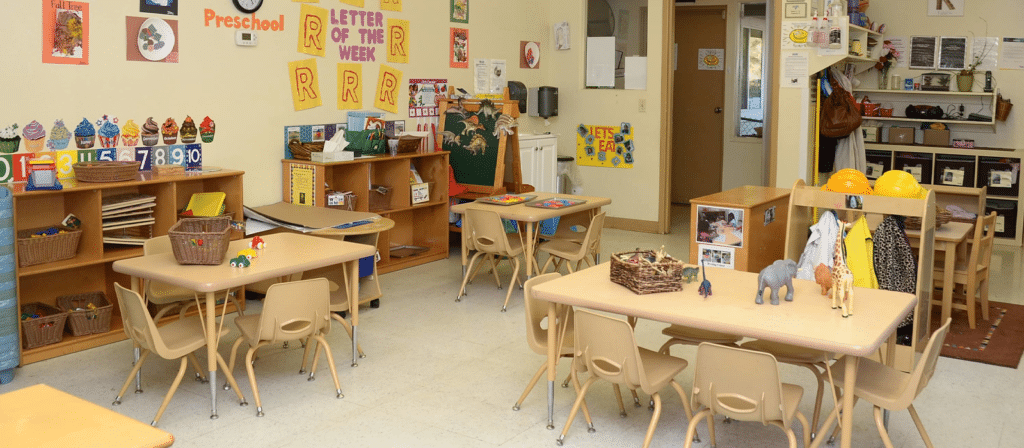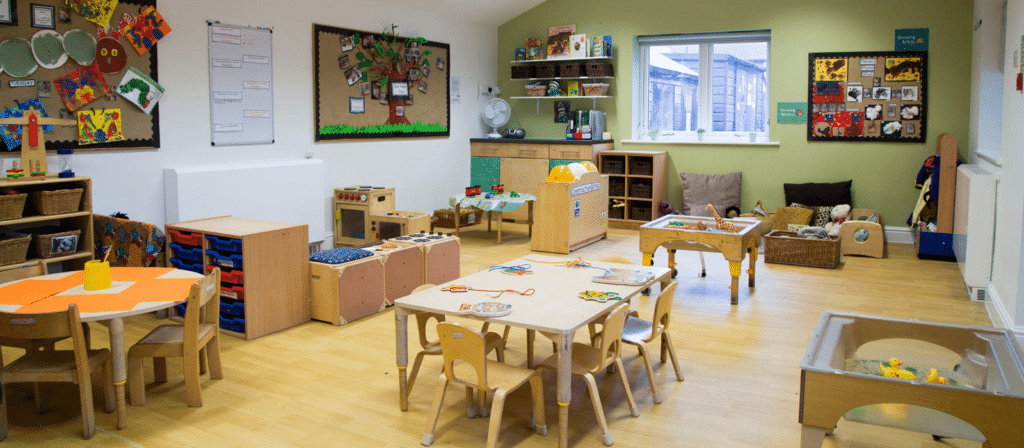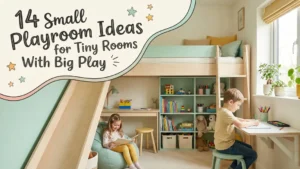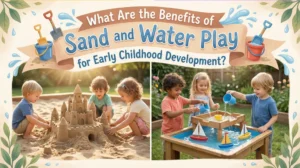Are you curious about the Montessori Method and its distinct approach to education? In this blog post, we will explore the four key features that define the Montessori Method. Understanding these features will provide you with valuable insights into the principles that make Montessori education unique and effective.
The Montessori Method encompasses four key features that shape its unique approach to education: mixed-age classrooms, student-centered learning, hands-on materials, and freedom within limits. These elements work together harmoniously to create a nurturing environment where children can flourish and develop their full potential.
What is the Montessori Method?
Before diving into the key features, let me give you a brief overview of the Montessori Method. Dr. Maria Montessori, an Italian physician and educator, developed this approach in the early 20th century. She believed that children are naturally curious and have an innate desire to learn. The Montessori Method aims to foster this natural inclination by creating an environment that supports exploration, independence, and self-directed learning.
Now, let’s explore the four key features that make the Montessori Method truly exceptional.
Mixed-Age Classrooms
One distinctive aspect of the Montessori Method is the use of mixed-age classrooms. Instead of grouping children solely based on their chronological age, Montessori classrooms typically include a span of three years. For example, a classroom may have children aged 3 to 6 or 6 to 9. This intentional mixing of ages encourages collaboration, mentorship, and the development of empathy among students.
In a mixed-age classroom, younger children have the opportunity to learn from older peers, while older children reinforce their understanding by teaching younger ones. This dynamic interaction fosters a sense of community and a deep understanding that learning is not limited to textbooks or teachers alone.

Prepared Environment
The Montessori classroom is meticulously designed to provide a prepared environment that supports children’s independent exploration and learning. Each material and activity is carefully selected and arranged to promote hands-on engagement and cognitive development.
In a Montessori classroom, you will find a wide range of materials that are specifically designed to appeal to a child’s natural curiosity. From sensorial materials like geometric shapes and color tablets to practical life activities such as pouring and buttoning, these materials provide children with opportunities to refine their senses, develop fine motor skills, and cultivate concentration.
Freedom within Limits
Freedom within limits is a foundational principle of the Montessori Method. Dr. Montessori believed that children learn best when they have the freedom to choose their activities within a structured environment. This approach encourages intrinsic motivation and fosters a sense of responsibility in children.
In a Montessori classroom, children are free to select their work and move at their own pace. They are given the freedom to explore their interests and pursue materials that spark their curiosity. However, this freedom is not without boundaries. The Montessori teacher carefully sets limits and provides gentle guidance to ensure that children make appropriate choices and respect the needs of others.
Individualized Learning
One of the most remarkable aspects of the Montessori Method is its emphasis on individualized learning. Rather than adhering to a one-size-fits-all curriculum, Montessori educators recognize and respect the unique learning styles and abilities of each child.
In a Montessori classroom, children are encouraged to follow their own interests and work at their own pace. The teacher observes each child closely, assessing their progress and providing personalized guidance and support. This individualized approach ensures that children are challenged without feeling overwhelmed and enables them to reach their full potential.

Conclusion:
The Montessori Method stands on four key pillars that have revolutionized the field of education. Through mixed-age classrooms, student-centered learning, hands-on materials, and freedom within limits, Montessori education empowers children to become confident, independent, and lifelong learners. Join us on this exploration of the Montessori Method’s fundamental principles and witness the transformative impact they have on children’s educational journeys.













